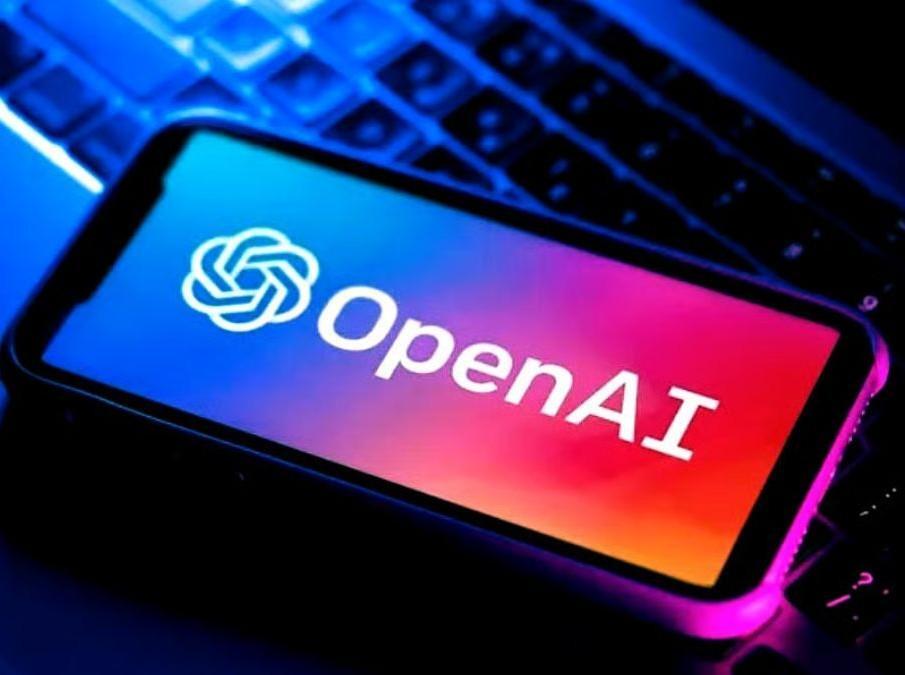
OpenAI Releases Downloadable AI Models for Public, Offline Use
In a groundbreaking move, OpenAI has released two AI models, gpt-oss-120b and gpt-oss-20b, which can be downloaded and run on personal computers without requiring internet access, expensive subscriptions, or permission from OpenAI. This marks a significant shift in the AI landscape, as it allows anyone to have control over these AI models, without being tied to a cloud-based infrastructure or relying on a third-party service.
The release of these models is a significant step forward for OpenAI, as it marks the first time since 2019 that the company has allowed users to download and run the full model on their own computer. In the past, users had to rely on cloud-based services or expensive subscriptions to access and use OpenAI’s AI models. With this new release, users have the freedom to run these models offline, giving them unparalleled control and flexibility.
The gpt-oss-120b and gpt-oss-20b models are significant because they are the first AI models to be released under an open-source license. This means that developers and users can modify and improve the models as they see fit, without being bound by restrictive licensing agreements. The models are also designed to be highly scalable, allowing them to be used for a wide range of applications, from chatbots and virtual assistants to language translation and content generation.
The gpt-oss-120b model is a 120-billion parameter transformer-based language model, which is capable of generating human-like language and text. It is designed to be highly flexible and can be used for a wide range of applications, including chatbots, language translation, and content generation. The gpt-oss-20b model is a 20-billion parameter model that is designed to be more compact and efficient, making it suitable for use on lower-end hardware and devices.
The release of these models is significant because it marks a major shift in the way that AI is developed and used. In the past, AI models were typically developed and deployed by large corporations and organizations, with little input from the broader developer community. With the release of these models, developers and users have the opportunity to contribute to the development and improvement of AI models, rather than simply relying on pre-built solutions.
The implications of this release are far-reaching, and are likely to have a significant impact on the development and use of AI in the coming years. For developers, the release of these models provides a new level of flexibility and control, allowing them to build and deploy AI-powered applications with greater ease and flexibility. For users, the release of these models provides a new level of accessibility and usability, allowing them to interact with AI-powered applications without needing to rely on cloud-based services or expensive subscriptions.
The release of these models also raises important questions about the future of AI development and deployment. As AI models become increasingly powerful and sophisticated, it is likely that we will see a shift towards more decentralized and community-driven approaches to AI development. This could involve the development of open-source AI models, like the gpt-oss-120b and gpt-oss-20b models, which can be modified and improved by developers and users around the world.
In conclusion, the release of the gpt-oss-120b and gpt-oss-20b AI models by OpenAI marks a significant shift in the way that AI is developed and used. It provides a new level of flexibility and control for developers, and a new level of accessibility and usability for users. As AI continues to evolve and improve, it is likely that we will see a shift towards more decentralized and community-driven approaches to AI development, and the release of these models is a significant step in that direction.






